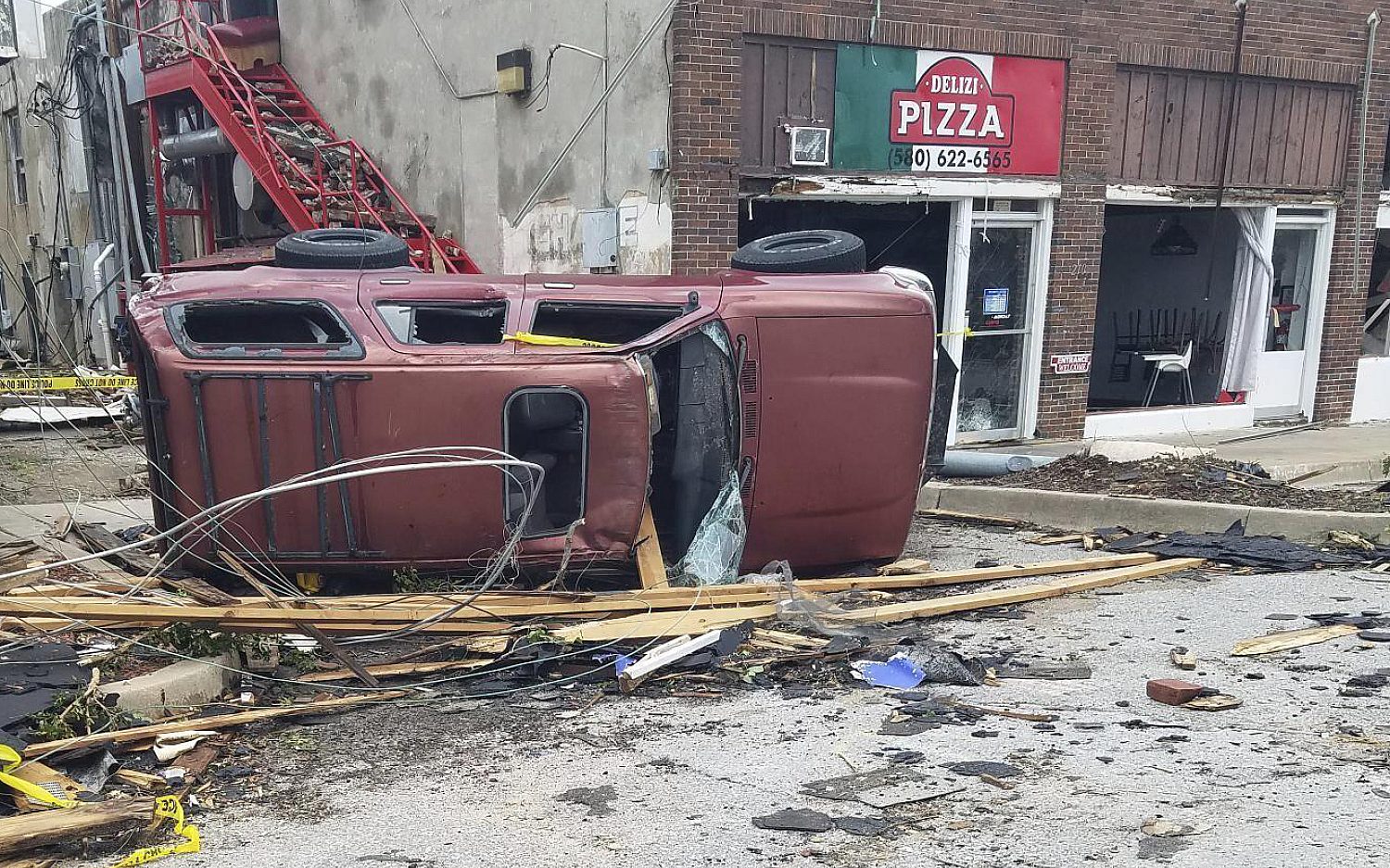In Somalia, droughts are named for the kind of pain they bring. There was Prolonged in the 1970s, Cattle Killer in the 1980s, and Equal five years ago for its reach across the country. Somalis say the current drought is worse than anyone can remember. It doesn’t yet have a name. But 60-year-old Mohamed Ahmed Diriye suggests one without hesitation: White Bone.
This drought has astonished herders and farmers by lasting through four failed rainy seasons. The fifth season is underway and likely will fail too, along with the sixth early next year.
The United Nations may declare a famine as soon as this month. It would be the first significant famine declaration anywhere in the world since Somalia’s famine a decade ago.
Already, thousands of people have died. That includes nearly 900 children under five who were being treated for malnutrition, according to U.N. data.
Somalia has survived generations of drought. But now it stumbles amid several global crises converging at once. These include occupancy by one of the world’s deadliest Islamist extremist groups, which limits the delivery of aid; Russia’s invasion of Ukraine, which stalled ships carrying grain to feed hundreds of millions; and a drop in global charitable donations as the world focused on the war in Ukraine.
People in rapidly growing displacement camps in southern Somalia say they’ve received little aid—or none. A day’s meal might be plain rice or just black tea. Many camp residents, overwhelmingly women and children, beg from neighbors or go to sleep hungry.
Mothers walk for days or weeks through bare landscapes in search of help for their children.
Adego Abdinur holds her one-year-old in front of her new home, a fragile hut of plastic sacks and fabric lashed together with cord and stripped branches. It’s one of hundreds scattered over the dry land. Behind a thorn barrier marking her hut from another, giggling children pour cherished water from a plastic jug into their hands, sipping and spitting in delight.
The home Abdinur left was a farm of maize and livestock. Her family was self-sufficient. Then the water dried up, and their four-legged wealth began to die.
“When we lost the last goat, we realized there was no way to survive,” Abdinur says. She and her six children walked 186 miles to the camp. Along with thousands of other people, they followed rumors of assistance.
“We have seen so many children dying because of hunger,” she says.
At the heart of this crisis, in areas where famine likely will be declared, is al-Shabab. It is an Islamist extremist group linked to al-Qaida. An estimated 740,000 of the drought’s most desperate people live in areas under the control of al-Shabab.
Al-Shabab’s grip on large parts of southern and central Somalia was a major reason for deaths in the 2011 famine. Little aid was allowed into its areas, and many starving people weren’t allowed out. Somalia’s president, who has survived three al-Shabab attempts on his life, has described the group as “mafia shrouded with Islam.” His government has urged al-Shabab leaders to have mercy now.
Hundreds of families continue to emerge from the empty horizon across Somalia. The true toll of the dead is unknown. But people at two displacement camps in the hardest hit city, Baidoa, say over 300 children have died in the last three months in rural areas.
Several people who fled say al-Shabab continues taxing crops and livestock even as they wither and die. The people spoke on condition of anonymity for fear of payback. Those who escaped al-Shabab now cling to a bare existence.
One woman says al-Shabab taxed up to 50% of her family’s meager harvest: “They don’t care whether people are left with anything.”
Whoever oppresses a poor man insults his Maker, but he who is generous to the needy honors Him. — Proverbs 14:31
(Mohamed Ahmed Diriye arrives with others to a displacement camp on the outskirts of Dollow, Somalia, on Tuesday, September 20, 2022. AP/Jerome Delay)
















